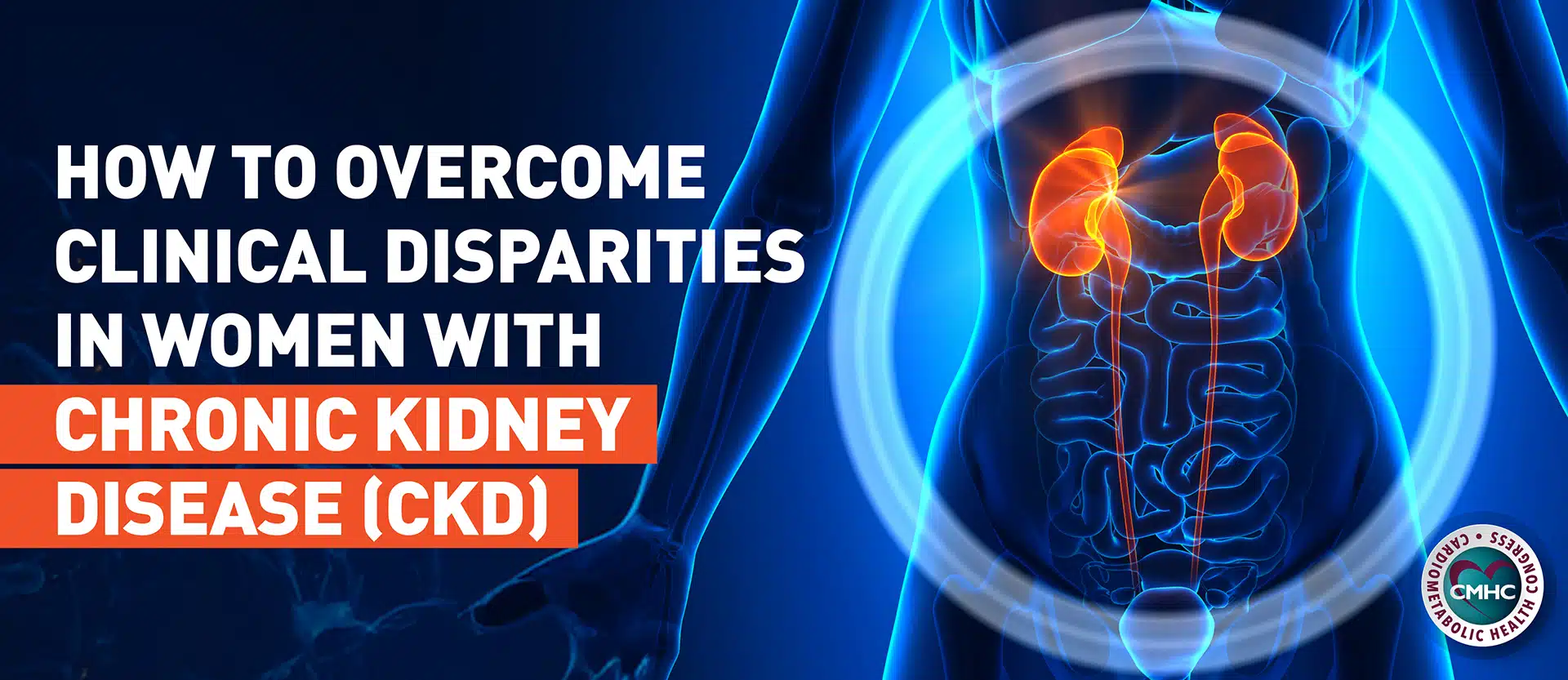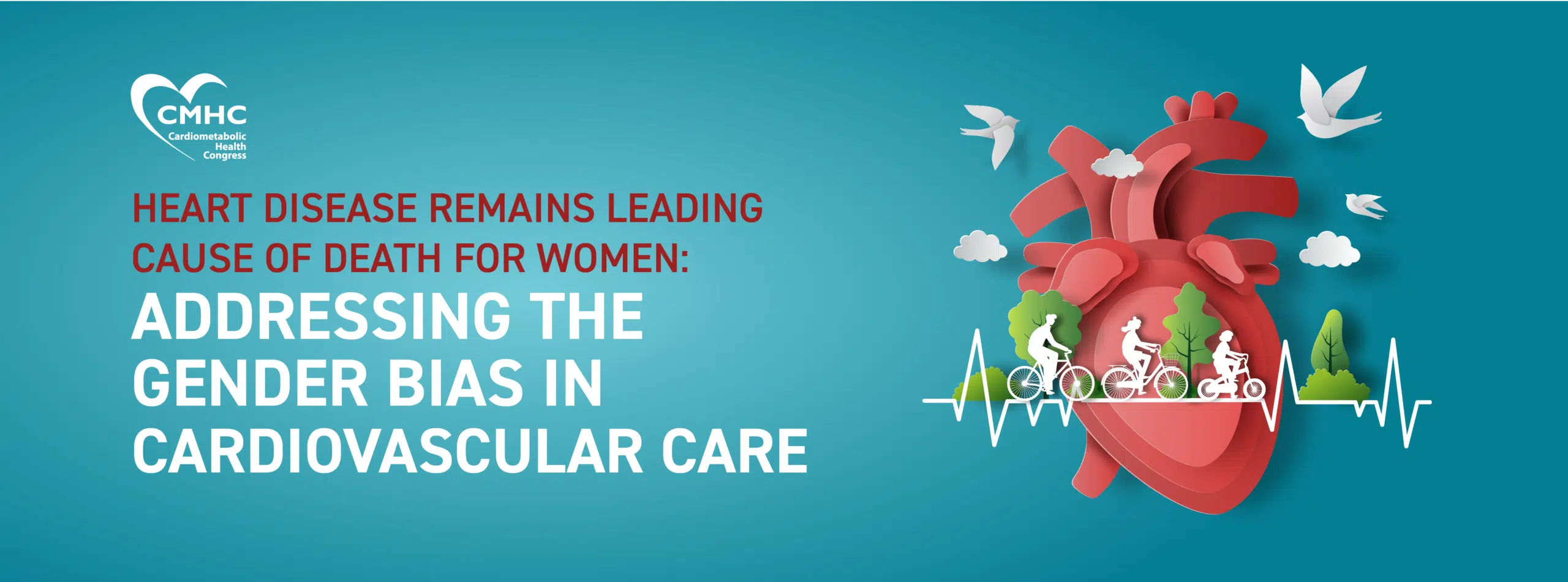A myriad of biological and environmental factors can affect an individual’s risk for cardiovascular disease, with the presence of compounding factors elevating the likelihood of CVD development even further. Both elevated lipoprotein(a) and a family history (FHx) of coronary heart disease (CHD) have been individually associated with greater cardiovascular risk. At the same time, lipoprotein(a) is commonly measured in those with a family history of CHD, potentially putting them at an increased risk.Lipoprotein(a) is a small lipoprotein formed in the liver that is associated with strokes, venous thromboembolism, and occlusion of vascular stents and coronary bypass grafts. Similarly, patients with a family history of CHD face an increased risk of cardiovascular disease and are more prone to strokes as well as other cardiac events.
ASCVD, CHD Risk Factors
A new study published in the Journal of the American College of Cardiology aimed to further clarify the independent and joint associations of Lp(a) and FHx with atherosclerotic cardiovascular disease (ASCVD) and CHD among asymptomatic subjects. To determine the aforementioned associations, the study’s authors measured plasma Lp(a) and family history in two cohorts – Atherosclerosis Risk in Communities (ARIC) and the Dallas Heart Study (DHS). Elevated Lp(a) was defined as the highest race-specific quintile. Cox regression models adjusted for cardiovascular risk factors – including diabetes, smoking, systolic blood pressure, and antihypertensive use – were employed to determine the associations between Lp(a) and family history with cardiovascular risk.
Predictors of CVD Risk
In the cohort of 12,149 participants included in the study, a total of 3,114 atherosclerotic cardiovascular disease events were reported during the 21 years of follow-up. Both family history and elevated lipoprotein levels were independently associated with ASCVD, while no Lp(a)-by-FHx interaction was noted.
Compared with participants who had neither FHx nor elevated Lp(a), those with either elevated Lp(a) or FHx were at a higher atherosclerotic cardiovascular disease risk. Meanwhile, participants who presented with both factors had the highest overall risk. The team of researchers reported similar findings observed in the case of coronary heart disease risk; the presence of both elevated Lp(a) and FHx resulted in greater improvement in ASCVD and CHD risk reclassification and discrimination indexes than when either marker was evaluated alone.
The recent study adds to a growing body of literature outlining the significant roles of lipoprotein(a) and family history of premature CHD and CHD at any age in the development of cardiovascular disease. These findings implicate that elevated plasma (Lp)a and FHx can have independent and additive joint associations with cardiovascular risk, which may assist medical professionals with the development of primary prevention therapy protocols and prompt additional investigations. Further clinical trials are needed to elucidate the degree to which family history of CHD and plasma levels of Lp(a) are able to influence cardiovascular disease prevention.

















